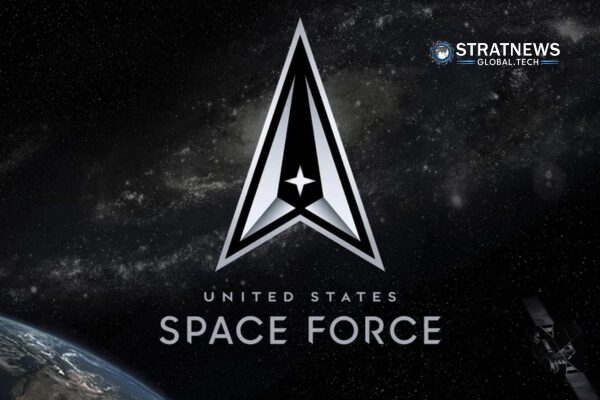US Space Force Awards Contracts for New Missile Defence Prototypes
The US Space Force has granted several small Golden Dome contracts to develop competing missile defence prototypes, launching a race for future deals potentially worth tens of billions of dollars, according to two informed sources.
Competing Prototypes for Missile Interceptors
Among the companies receiving these awards are Northrop Grumman, True Anomaly, Lockheed Martin and Anduril. The contracts represent an important step in the Pentagon’s plans to enhance its ability to detect and destroy enemy missiles. They cover prototypes for space-based interceptors and related systems. Although the value of each contract remains undisclosed, a Pentagon presentation from July suggested that some interceptor contracts could be around $120,000 each.
A Space Force spokesperson confirmed the awards but did not reveal the recipients, explaining that contracts worth under $9 million do not require public disclosure. These initial awards will pave the way for competition for final production contracts, which could be worth tens of billions of dollars.
Funding Advanced Defence Development
The new contracts aim to fund prototype development for phase interceptors designed to destroy missiles as they enter space. They also include the creation of fire control stations that will coordinate satellite signals and guide interceptors towards their targets. Northrop Grumman and Anduril reportedly received contracts valued at $10 million, according to figures in the Pentagon’s July presentation.
The government has asked contractors to design four types of interceptors to handle different threats at varying altitudes and speeds. However, one source noted that these four groups might eventually be reduced to three. None of the companies involved offered public comment on the contracts.
A New Phase in Space-Based Defence
To encourage rapid progress, the government structured the interceptor competitions using “prize pools.” The largest pool, valued at $340 million, will be divided among companies that successfully complete an on-orbit test. The top performer will receive $125 million, while the fifth-place company will earn $40 million.
Ultimately, annual production contracts could range from $1.8 billion to $3.4 billion. Yet industry experts believe it could cost between $200 million and $2 billion to build and test a single interceptor prototype. This space-based interceptor initiative represents a significant shift in missile defence strategy, positioning weapons in orbit to destroy threats earlier than traditional ground-based systems can.
with inputs from Reuters


